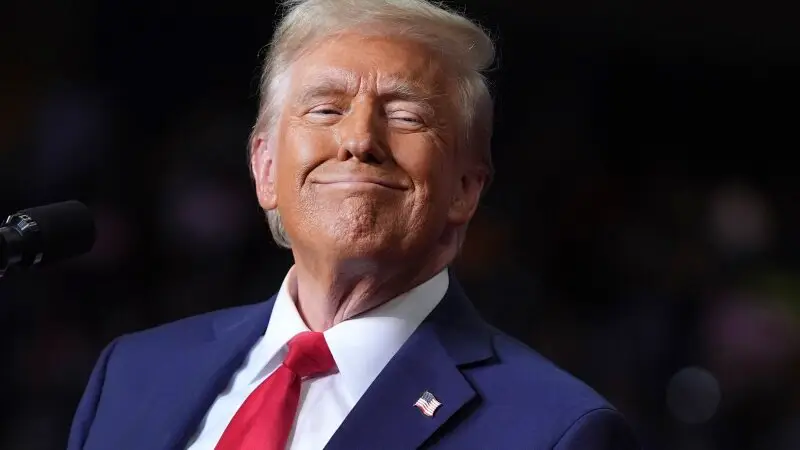The repercussions of designating Haitian gangs as terrorist organizations have begun to materialize. President Donald J. Trump signed a presidential proclamation on Wednesday temporarily suspending the admission of new international students to Harvard University, sending shockwaves through immigrant communities, particularly the Haitian community, in the United States.
This decision comes weeks after the U.S. government designated Haitian gangs Viv Ansanm and Gran Grif as terrorist organizations. According to the White House, “President Donald J. Trump has signed a proclamation aimed at protecting the nation against foreign terrorist threats and other risks to national and public security related to entry into the United States.”
Hundreds of Haitian students, either already enrolled or awaiting their visas for Harvard, are directly affected by this directive, which suspends the issuance of all new F, M, and J visas for this institution.
Moreover, the State Department has been authorized to revoke previously granted visas for currently enrolled students if they meet the criteria outlined in the proclamation.
This restriction exclusively affects Harvard students, sparing those at other American universities, unless a waiver is granted for “national interest” by the appropriate authorities.
This initiative is part of a broader strengthening of immigration policies and growing White House concerns about national security, explains the White House.
According to the official White House statement, Harvard allegedly “failed in its duty to transmit crucial information” regarding illicit or potentially dangerous activities of foreign students to the Department of Homeland Security. The university is accused of “insufficient surveillance” of its international students, particularly those suspected of extremist or criminal activities.
The document also highlights concerns about foreign interference, revealing that Harvard allegedly received over $150 million from China and collaborated with individuals connected to the Chinese military. The university is further accused of harboring paramilitary members of the Chinese Communist Party and “violent agitators involved in antisemitic acts” – predominantly identified as international students.
President Trump justified his decision by stating: “We want good students here. We simply don’t want students who cause problems.”
He continued: “There are people who want to go to Harvard but can’t because foreign students are there. But I want to make sure these foreign students are individuals capable of loving our country.”
“We are still waiting for Harvard’s list of foreign students to determine how many radicals and troublemakers should not be allowed to return to the United States.”
The Haitian diaspora in the United States, deeply invested in higher education and academic mobility, expresses serious concerns about the implications of this policy. Many talented Haitian students currently pursue their studies at Harvard through merit scholarships and exchange programs. This proclamation threatens to jeopardize their promising academic trajectories, intensifying the sense of exclusion within immigrant communities.
This measure also impacts students from other nationalities, particularly Chinese, Iranian, Russian, and Venezuelan, although the administration has not explicitly established an official list of affected countries.
By restricting access to such a prestigious institution, the Trump administration clearly signals its intention to steer educational policy toward a more “nationalist” and security-focused approach. This initiative could also prompt other universities to intensify their cooperation with federal authorities regarding security and the screening of international students.







